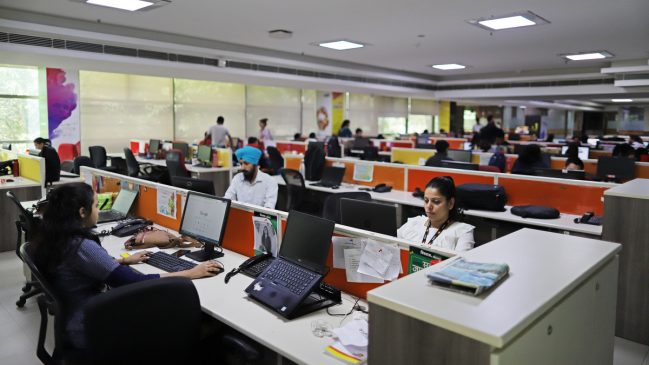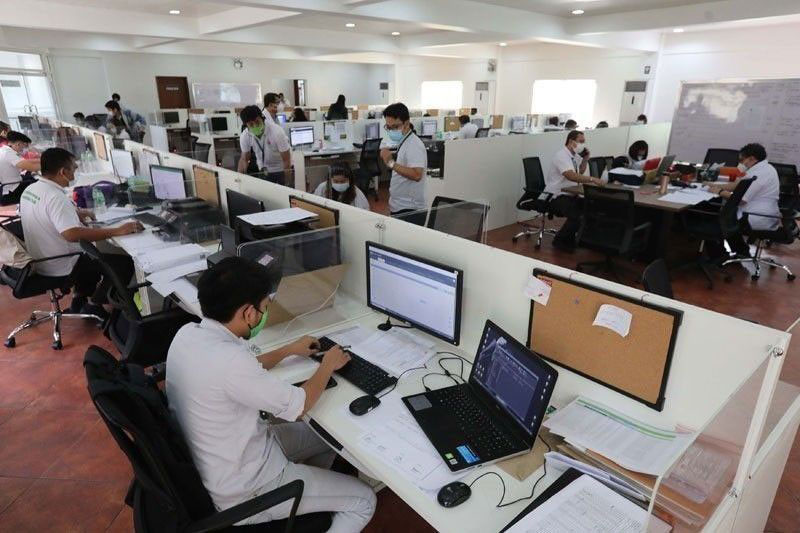The Philippines Worker Salary Increase 2024: News about the public servant and private worker wage hike and a lot more can be found here. With the start of 2024, the Philippine workforce is about to go through a big change. Both public and private sector workers will likely get pay raises.
Philippines Workers Will Get Paid More in 2024
This change is in reaction to how the economy is changing, which makes it even more important to improve the health and safety of workers across the country. This article talks about the planned four-tier salary increase for civilian government workers and the expected median salary increase in the private sector. It shows how these changes might affect the workforce and the economy of the country.
A four-step pay raise for civilian employees is a government plan. The Senate’s filing of a bill calling for a four-tier pay raise for regular government workers is a big step toward recognizing the work of public servants.
The Salary Standardization Law of 2019 says this is the right thing to do. The fourth and final part of the law has been in force since January 1, 2024. Senator Christopher Lawrence T. Go, who is in favor of Senate Bill No. 2504, says that wages should be reviewed regularly to keep people interested in working for the government and lower the risk of corruption.
Philippines: Pay Raise for Public Employees
The suggested measure calls for the Department of Budget and Management (DBM) to come up with a new four-part payment hike schedule that will start on January 1, 2024, and go on every year until 2027. The goal is to make pay more fair and consistent across all government agencies.
This will promote fairness, honesty, efficiency, output, responsibility, and excellence in the public service. However, the bill does not apply to people who work for the government, in the military, or companies owned or controlled by the government.
Impacts on the Economy and Budget Allocation: The government has set aside a large budget to address concerns about how the salary changes will affect the economy. Budget Secretary Amenah F. Pangandaman has set aside about P17 billion for next year’s salary changes for state employees.

This allocation shows that the government wants to offer competitive pay, get skilled people to work for the government, and improve the level of work overall.
Response from the private sector: a 6.2% increase in the median salary At the same time, a survey by the global professional services company Mercer shows that the private sector is getting ready for a median salary increase of 6.2% in 2024. This rise, from 6% the year before, is caused by several things, such as the need for skilled workers, the battle for the best workers, and ongoing inflationary pressures.
News About Private Worker Wage Increases in 2024
According to Mercer’s poll, the Philippines is set up for economic growth, even though the world is facing problems. Shared services and outsourcing, retail, and consumer goods are all likely to grow, which will increase the need for skilled workers. At 7%, the energy sector is expected to have the highest pay growth. This is followed by high tech at 6.8 %, retail and wholesale at 6.7 %, and consumer goods at 6.5 %.
Comparative Analysis: The Philippines’ median pay increase of 6.2 percent is higher than the average increase of 5.2 percent in Asia. This shows that the country is committed to rewarding its workers. Pay increases will be different in the region’s emerging and developed economies. For example, India, Vietnam, and Indonesia all predict bigger median salary increases than Japan, Taiwan, and Hong Kong SAR.
As the Philippines starts its journey toward economic growth, the suggested pay raises for both public and private sector workers show that the government is serious about making the workplace fair and competitive.
It’s important to find a mix between good pay and long-term economic health. These wage changes will be closely watched to make sure they have a positive effect on the workforce and the economy as a whole. Filipino workers can look forward to better living conditions and more job happiness in the coming years.

